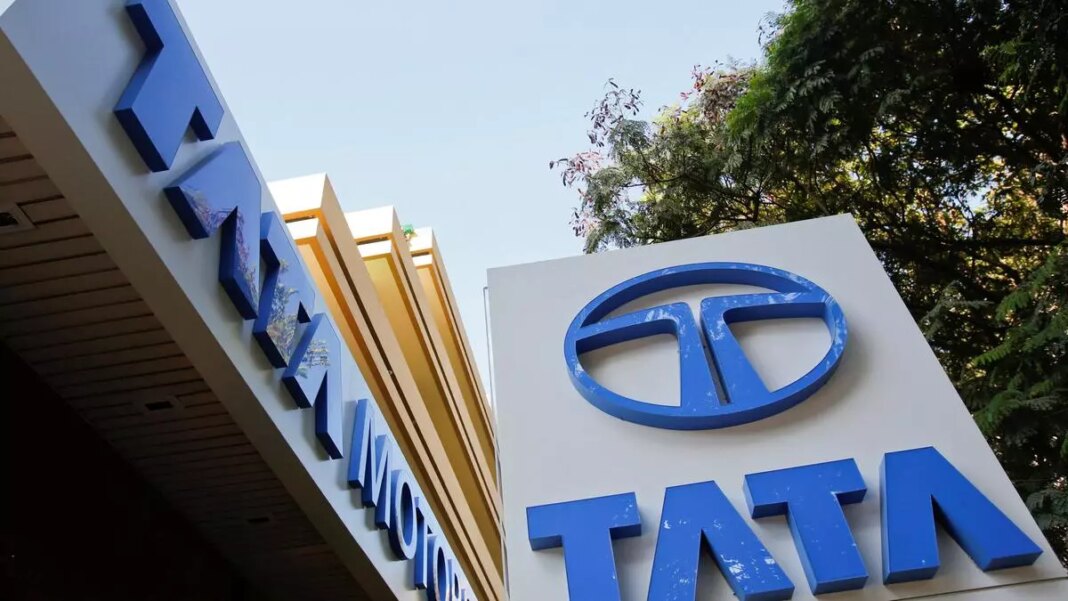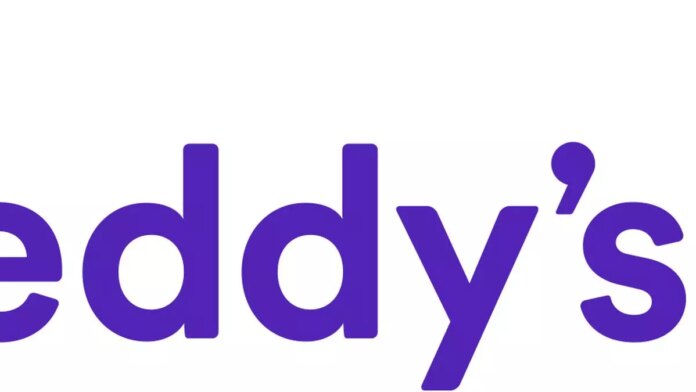In Short:
Retail investors and mutual funds will lose around ₹18,568 crores in the conversion of Tata Motors DVR to ordinary shares. Promoters will gain ₹5,000 crores. The swap ratio was determined by an independent valuer and three proxy advisory firms have recommended voting in favor. The transaction will streamline share capital and be EPS accretive, benefiting all shareholders. Globally, shares with reduced voting rights trade at a premium.
Tata Motors’ Proposed Conversion of DVRs to Ordinary Shares Raises Concern Among Retail Investors and Mutual Funds
In a move that could potentially impact retail investors and mutual funds, Tata Motors is planning to convert its DVR (differential voting rights) shares to ordinary shares, with significant implications for the stakeholders involved.
Key Changes in Ownership and Value
The proposed conversion is expected to result in a loss of about ₹15,568 crore for public DVR holders and ₹3,000 crore for mutual funds, while the promoters stand to gain a 1.4% increase in economic share valued at approximately ₹5,000 crore based on the April 18 closing price.
After the conversion, the promoters’ stake in Tata Motors will rise to 42.62% from 41.23%, while the public’s ownership will decrease to 57.38% from 58.77%.
Vote on the Proposal
Under the proposal, the company will issue 7 ordinary shares for every 10 DVRs held by investors, representing a 30% discount. The promoters, who currently hold only 7% in Tata Motors DVR, will need to secure majority approval from minority investors for the conversion. The e-voting process will take place between April 26 and April 29.
Company Response and Investor Perspectives
In response to inquiries, a Tata Motors spokesperson noted that DVR shares have historically traded at a 40-50% discount compared to ordinary shares, but have recently been valued at a 30% discount. The spokesperson highlighted that the market’s positive reaction to the scheme indicates that DVR holders have benefitted from the proposal.
Investors like Sivakumar R and Nirav Karkera have shared their insights on the unique features and benefits of DVR shares, emphasizing their distinct nature as an investment instrument.
Swap Ratio and Valuation
Tata Motors’ spokesperson explained that the swap ratio was determined by independent valuer PWC, following international valuation methods and SEBI pricing guidelines. The fairness opinion from independent merchant bankers Citi and Axis Capital, along with recommendations from three proxy advisory firms, further support the proposed conversion.
The transaction is expected to streamline the company’s share capital, making it EPS accretive for all shareholders and ultimately benefitting all parties involved.
Global Comparison
Globally, shares with reduced or no voting rights often trade at a premium or similar prices to ordinary shares, as observed with the class C shares of Alphabet (Google) that have no voting rights but trade at a premium.





